This article is a companion piece to On Subrogation: Rule 401 Relevant Evidence: Weighing Probative Value Against Possible Prejudice, where RG subrogation attorney Jason Sullivan discusses the 3 exceptions to Relevant Evidence Rules. Initially a resolution for federal courts, most states adopted the Federal Rules of Evidence verbatim, or close to it. Relevant evidence is any evidence that makes a fact more probable or less probable, and is directly relevant to the matter at hand. The boundaries for this definition are ephemeral. This is where Rules of Evidence 401 comes into play; it limits the definition of “relevant” by weighing its value to the jury against its fairness to the defendant.
Exception #1: Unfair Prejudice and Confusing the Jury
This exception excludes any evidence that would make the jury feel negative bias towards the defendant, or that has confusing information that might cause the jury to misunderstand the facts and make an unfair decision. Jason uses the case study of Carter v. Haynes (2018) to explain why all relevant evidence isn’t necessarily just to present during a trial for a subrogation claims case.
Exception #2: Confusing the Issue or Misleading the Jury
This exception requires relevant evidence to be digestible to the jury. Legal processes, especially in niche cases like settling and resolving subrogation lawsuits, can be confusing to the jury, and may lead them away from judging the facts of the issue at hand in favor of another, caused by problematic or confusing evidence being introduced. Jason posits the case of a defective dishwasher and how pursuing more than one responsible party in different ways (settlement vs trial) can complicate the jury’s feelings about the plaintiff.
Exception #3: Undue Delay, Wasting Time, or Needlessly Cumulative Evidence
This exception is about judicial efficiency. Under this exception, the Court might rule relevant evidence inadmissible if it only serves to “beat a dead horse,” as the saying goes. This is especially true if the opposing counsel agrees with the fact at hand. Jason discusses how this exception might apply to witness testimony in a subrogation recovery case involving a motor vehicle accident.
An experienced attorney focused in subrogation law, Jason is a founding member of Rathbone Group, a subrogation law firm serving clients nationwide with subrogation case management centered on open communication and efficient service that minimizes cost and maximizes client recovery. Jason serves RG clients across the country; he is a licensed attorney in over a dozen states and several federal districts. This allows him to provide experienced and effective counsel on subrogation cases for clients in many jurisdictions.
